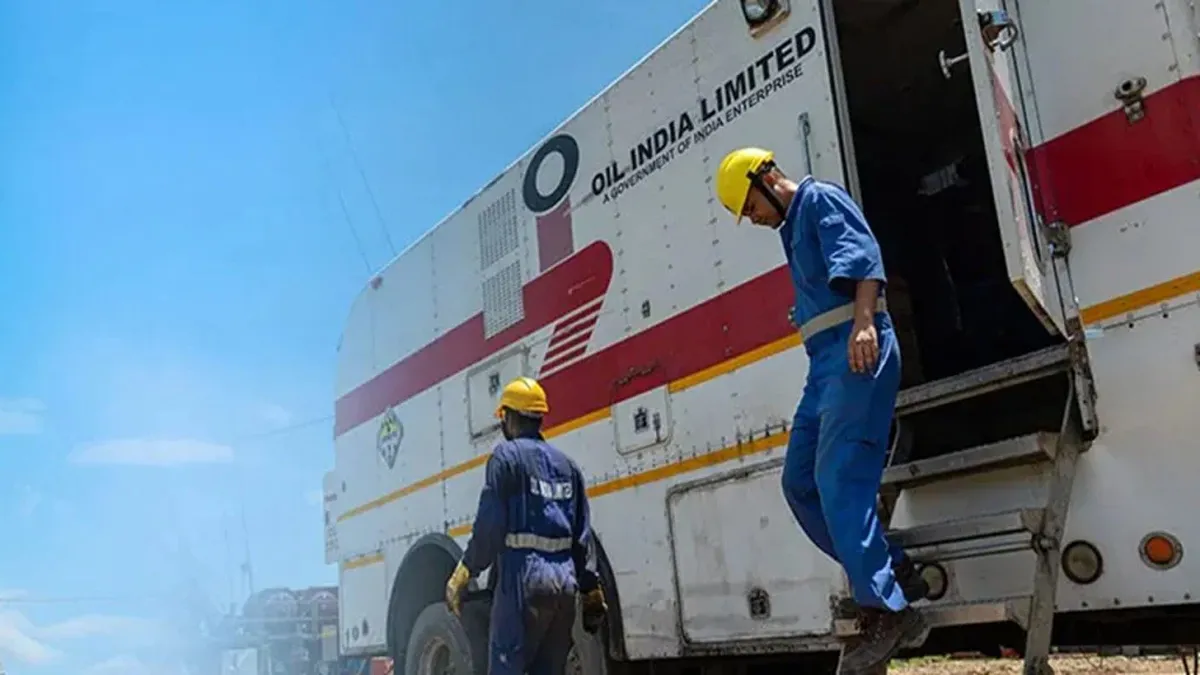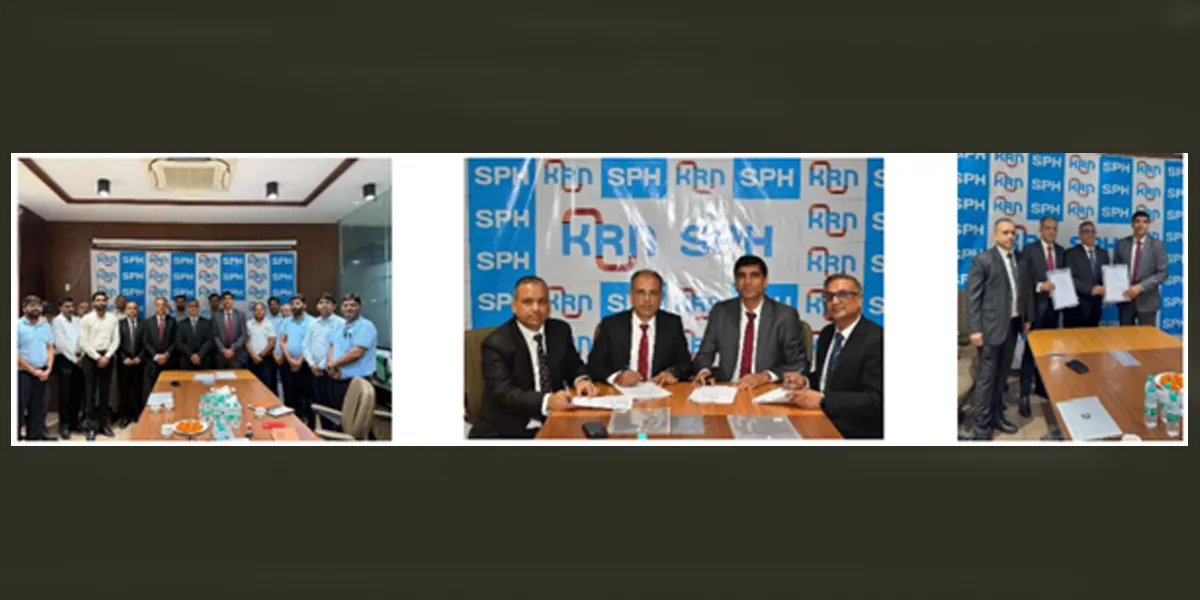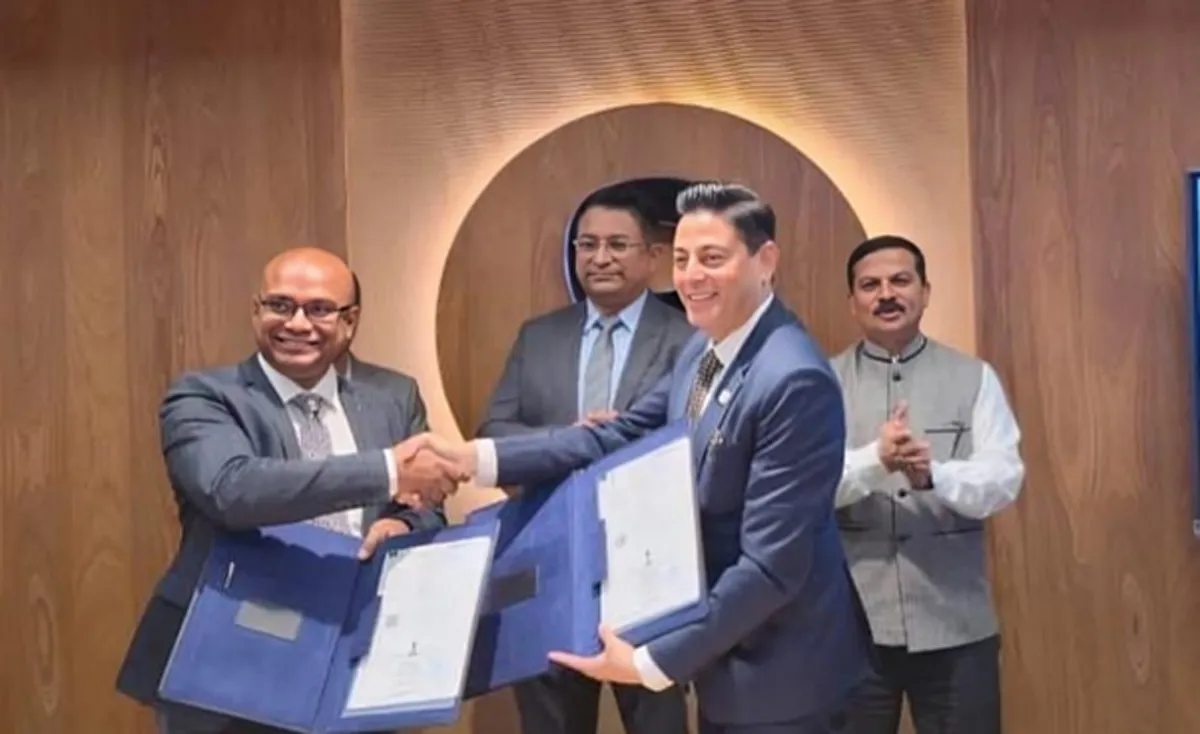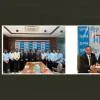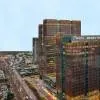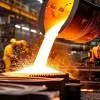- Ralf A Spettmann, President, Construction Chemicals, BASF
BASF has been creating chemistry - for 150 years, no less. One of the world´s leading chemical companies, it has successfully partnered India´s progress for 125 years, with all global businesses - except oil and gas - maintaining a presence in the country. Today, flagship BASF India Ltd maintains key production sites at Dahej, Mangalore, Ankleshwar and Thane and its fifth plant of its construction chemicals division has been recently launched in Nellore; it has been growing at a rate of 5 to 10 per cent in the country.Ralf A Spettmann, President, Construction Chemicals, BASF, shares more on trends and opportunities in India in conversation with SHRIYAL SETHUMADHAVAN.
As global head for construction chemicals, which are the important countries for BASF?
We are active in about 80 countries, i.e. we have our businesses in about half of the countries that exist. Of these, we have a strong presence in the three German-speaking European countries, along with North America, the Middle East, Russia, Turkey and African regions. Also, we are well-positioned in India and Japan. Our strengths differ from country to country. For instance, our business in Japan comes from plasticisers and super-plasticisers. Further, 60 to 70 per cent of all high-rises on the Tokyo skyline are built with our technology. India may be a mid-sized country in our portfolio but when we look at the opportunities going forward, it is one of the biggest we have. We are currently channelling quite a lot of investment into India.
Please highlight the benefi ts of the new Nellore plant.
In terms of technology, it has two parts - the admixture plant, which includes additives for cement and concrete, and the powder plant. This makes for two plants under one roof, which is mostly done for construction systems like tiling, flooring and similar applications. Although India is said to be an emerging country, the technology supporting this plant is highly automated and state-of-the-art, what we would have built in the US, Germany or Switzerland. The reason is that we think long term. And this plant is among our largest investments in the past two years in Asia for my division. While most of our plants in India are located around the coast, they can serve a radius of up to 500 km.
What is BASF’s current market share in India and how do you see it growing?
India is an attractive market with a good growth rate and so we will continue to invest. Also, we have made a bold statement in India with our brand, Master Builder Solutions, launched about two years ago; we have basically unified our portfolio. India is one of the core markets and growth engines for us in the future. However, market share depends on how you define the market. And for the markets we serve in India, we have some 10 to 12 per cent market share. Our target is to remain the No. 1 international player. Moreover, we will certainly continue to invest in assets and plan for local innovation. To establish what we have built and are in the process of building, we are developing the ´Innovation Campus´ of BASF in which, we as the construction chemicals division, will strongly take part.
What role can construction chemicals play to combat corrosion?
Innovation is the key enabler for us. In concrete, we have been working towards identifying a couple of problems, and one has been corrosion. Corrosion occurs from the steel in the concrete. This issue can be tackled from a couple of angles: one is to put an additives coating onto the steel so that it does not corrode, and a set of more different approaches to cure concrete from corrosion depending on many aspects; the second is to replace steel, which is the most intelligent solution. That´s what we have been working towards - microfibres, probably 5 cm to 6 cm long, a millimetre-and-a-half thick, can be dispersed into concrete and partially replace steel with a similar stiffness. We also talk about microfibres that change the property of the concrete to make it more ductile as asphalt replacement. So there is fibre technology that addresses corrosion but can do other things too.
Is any product specifically for affordable housing or any innovations you would like to address?
Talking of affordable housing, our focus is on the prefabrication of concrete structures like walls. We aim to support our customers in the precast industry to make their production cycles faster and more efficient, thus making them cheaper. We do so in India with the so-called Smart Dynamic Concrete, a highly flowable concrete, which allows to achieve faster and reliable concrete placement, higher concrete durability and improved energy efficiency during the placement process.
Introduce us to the wide range of industries your company’s products cater to.
One is the whole market of ‘underground construction’, which could be tunnels, metros and, specifically in India, the whole mining industry where mines are stabilised. This will also include broader infrastructure including streets, airports, ports –things that India is investing a lot into, hat enable mobility in a broader sense. There is a segment specifically in the US, the parking deck idea, which we are
trying to introduce in India because the market has not been so great. If you look at the US, every corner has a huge parking deck. We probably have a 30 per cent market share in the US in parking decks. Most countries in the world, and so does India, have a large and urgent need for overhauling its infrastructure such as road and railway bridges. We approach this with a dedicated set of solutions for all needs in repairing and protecting concrete structures. We are increasingly focusing on the ‘power generation industry’, where we are looking at nuclear power, coal plants and gas plants, which are typically huge investments. Additionally, we are looking at India and some other emerging countries to broaden our exposure to a broad residential market. We also address water-retaining structures - be it potable or waste water - with a state-of-the-art solutions portfolio to protect from loss and contamination.
How does BASF address the need of eco-friendliness and sustainability through its offerings?
One is simply that we have a lot of products that talk about building infrastructure for water. Many of our products help conserve water because if you have cracks in the water tank, the water disappears. A key aspect for sustainability is durability. The longer a construction stays in good conditions and the lower its restructuring costs, the better for the owner - regarding infrastructure, it is obviously the public sector. One important product to make construction more energy efficient is ´green sense concrete´. This product, which originated in the US, can be applied across countries as it reduces energy consumption and uses recycling materials like fly-ash or slags while you actually pour the concrete in place. Used in the right way jointly with our Master Builders Solutions experts and a digital tool called Life Cycle Analyzer, it contributes to the building´s life-cycle by lowering the costs and expanding the periods for refurbishment. There are many elements that come together and this is BASF´s strength. We can actually help an architect, developer or specifier design the energy profile of a house during construction. Once it is operational, demands differ.
Be it is admixtures, repair and rehabilitation products, waterproofi ng products, flooring products or other miscellaneous chemicals – which enjoy the biggest market share?
Our offering is distinguished into two parts-admixture and construction systems. For admixtures, we are globally No. 1 and have about a 30 per cent market share. Actually, India is one of the places where we have a already high market share but could also do a lot more. This is why we are investing heavily into production assets in India to support our growth.
Within our construction systems, business waterproofing, repairs, grouts and sealants are important segments. This market is extremely diverse and we look at it as probably a €30-billion market globally; waterproofing is maybe €4 billion of that.
The Indian market is still fragmented; players are positioning themselves, trying to buy companies or grow significantly

